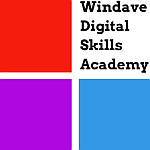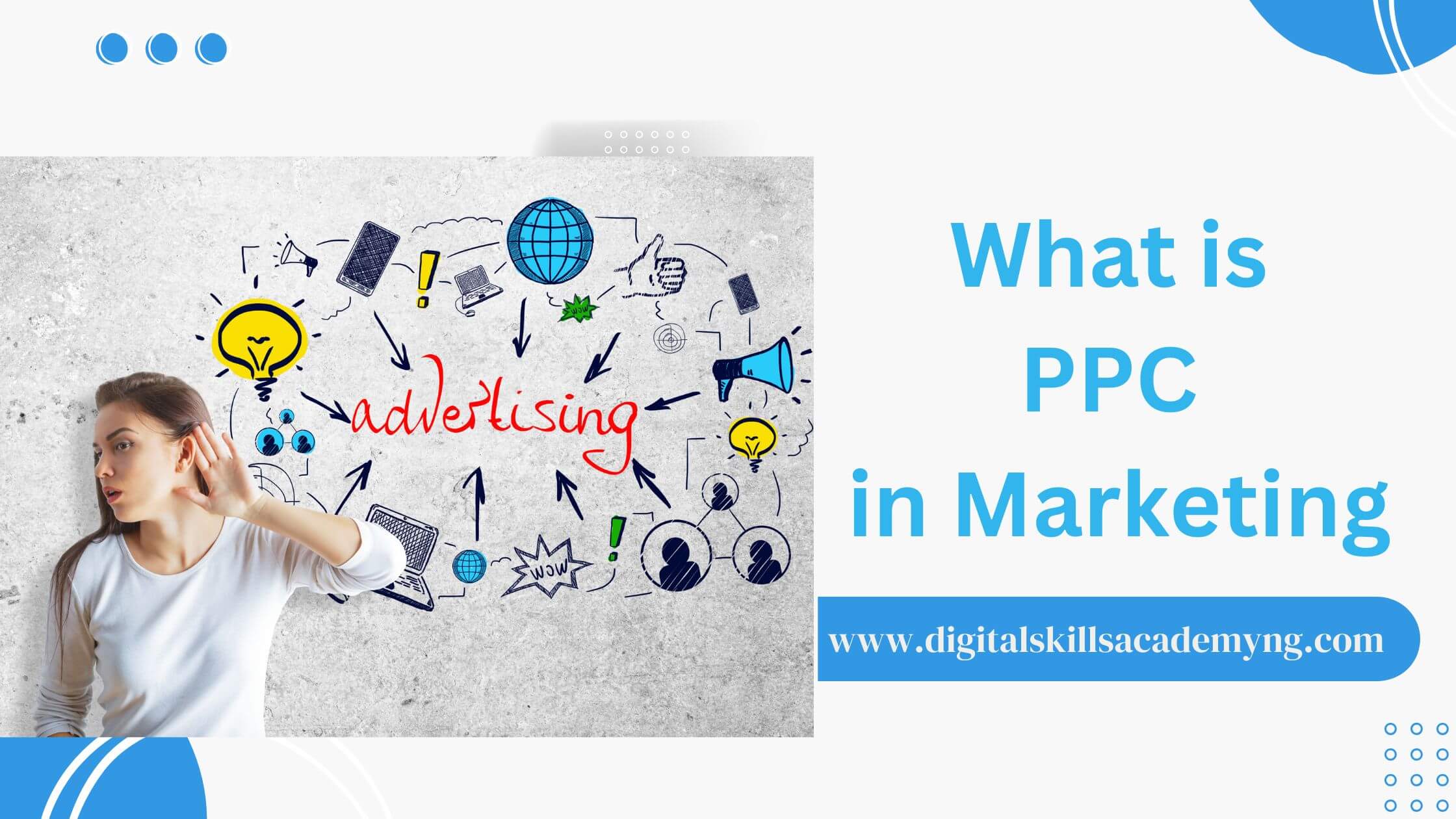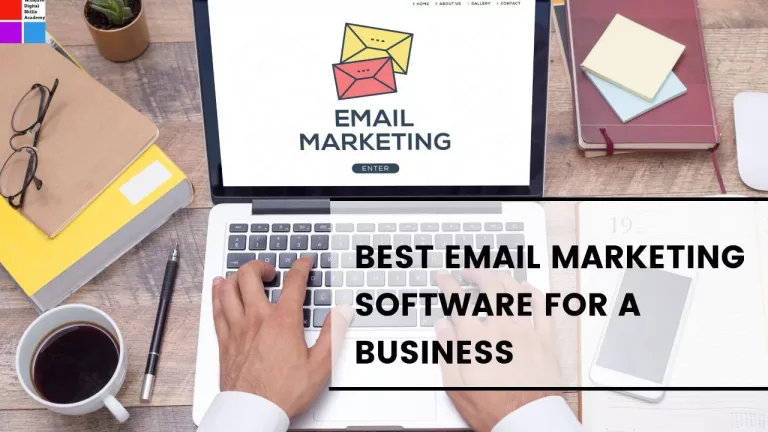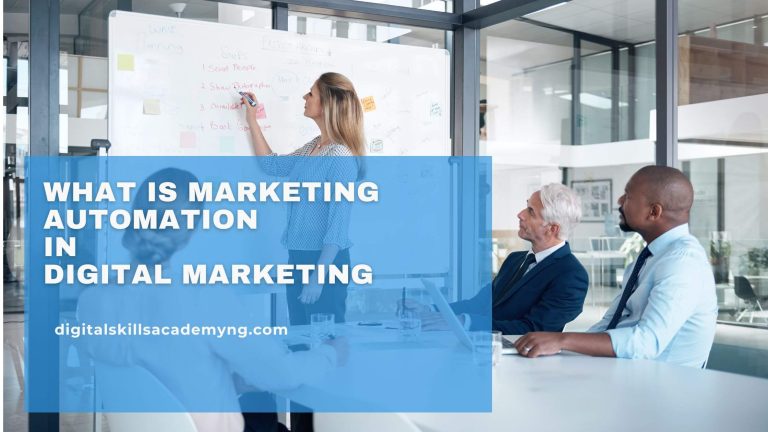What is PPC in Marketing: SEO vs PPC
Digital marketing has transformed how businesses reach their audiences, and Pay-Per-Click (PPC) marketing is a powerful tool in this transformation.
Whether you’re a budding entrepreneur or an established business owner, PPC can help drive targeted traffic, increase visibility, and boost conversions.
HOW TO MAKE MONEY WITH GOOGLE ADS
Table of Contents
What Is PPC Marketing?
PPC marketing is a digital advertising model where advertisers pay a fee each time someone clicks on their ad.
Instead of earning visits organically, PPC allows businesses to “buy” visits to their websites or landing pages.
Key Characteristics of PPC
Targeted Advertising: Ads are displayed based on specific criteria like keywords, demographics, or geographic locations.
Cost-Effective: You only pay when someone engages with your ad.
Measurable Results: PPC platforms provide detailed analytics, helping you track performance and ROI.
The most common platforms for PPC advertising include Google Ads, Bing Ads, Facebook Ads, and LinkedIn Ads.
Among these, Google Ads is the industry leader due to its extensive reach and robust features.
How PPC Works
PPC operates on a bidding system.
Advertisers bid on specific keywords or audience targeting parameters, competing for ad placement.
Here’s how it works in practice:
Keyword Selection: Advertisers choose keywords relevant to their business or campaign. For example, a shoe store might bid on “buy running shoes online.”
Ad Auction: When users search for a keyword, an auction determines which ads are displayed and in what order.
This depends on:
- Bid Amount: How much you’re willing to pay per click.
- Ad Quality Score: Determined by ad relevance, expected click-through rate (CTR), and landing page experience.
Ad Placement: Winning ads appear in prominent positions, such as at the top of search results or partner websites.
Payment: Advertisers are charged each time someone clicks on their ad.
Types of PPC Ads
Search Ads: Text ads displayed on search engine result pages (SERPs).
Display Ads: Banner or visual ads shown on websites.
Shopping Ads: Product-specific ads featuring images, prices, and links.
Video Ads: Ads are displayed on platforms like YouTube.
Remarketing Ads: Targeting users who have interacted with your site or app.
How to Do PPC with Google Ads
Google Ads is the most popular platform for PPC campaigns, offering tools for businesses of all sizes.
Here’s a step-by-step guide to getting started:
Set Up a Google Ads Account
Sign in to Google Ads using your Google account.
Set up your billing information and choose your payment method.
Define Campaign Objectives
Choose a goal for your campaign, such as website traffic, lead generation, or online sales.
Select the campaign type (Search, Display, Shopping, or Video).
Target Your Audience
Define your audience based on location, language, demographics, or interests.
Use negative keywords to exclude irrelevant searches.
Perform Keyword Research
Use Google’s Keyword Planner to find keywords with high search volume and low competition.
Focus on a mix of long-tail keywords (e.g., “affordable running shoes for men”) and short-tail keywords (e.g., “buy shoes online”).
Create Compelling Ads
Write ad headlines and descriptions that grab attention and align with user intent.
Include a strong call-to-action (CTA), such as “Shop Now” or “Get a Free Quote.”
Set Bids and Budget
Choose a bidding strategy, such as manual CPC (cost-per-click) or automated bidding.
Set a daily or monthly budget to control your ad spend.
Launch and Monitor Your Campaign
Once your ads are live, use Google Ads’ analytics tools to track clicks, impressions, CTR, and conversions.
Optimize by testing different ad copies, targeting settings, and bidding strategies.
PPC Keyword Research
Keyword research is critical to any successful PPC campaign.
Here’s how to conduct it effectively:
1. Use Keyword Research Tools
Google Keyword Planner
Ahrefs
Ubersuggest
2. Analyze Competitor Keywords
Use tools like SpyFu or SimilarWeb to identify keywords your competitors are targeting.
3. Focus on User Intent
Understand whether your audience is searching to buy (transactional intent), learn (informational intent), or compare (navigational intent).
4. Optimize for Long-Tail Keywords
These specific phrases often have lower competition and higher conversion rates.
5. Regularly Refine Your List
Monitor keyword performance and adjust your strategy by pausing underperforming or adding new ones.
SEO vs. PPC: Which Is Better?
SEO (Search Engine Optimization) and PPC have advantages, and choosing the right approach depends on your business goals.
PPC Advantages
Immediate results: Your ads appear as soon as your campaign is live.
Complete control over targeting and budget.
Measurable and trackable performance.
SEO Advantages
Cost-effective in the long term: No direct payment for organic traffic.
Builds credibility and trust through higher organic rankings.
Sustainable: SEO benefits continue even after you stop active optimization.
When to Use PPC
- Launching a new product or service.
- Promoting limited-time offers.
- Testing keywords or audiences.
When to Use SEO
- Building brand authority over time.
- Driving consistent, organic traffic.
- You are strengthening your overall digital presence.
Conclusion
Why Learn PPC Advertising?
PPC marketing is a game-changer for businesses looking to grow quickly and effectively in a competitive digital landscape.
Mastering PPC lets you control how and when you reach your audience while driving measurable results.
Want to take your digital marketing skills to the next level? Enroll in our Digital Marketing Course today and learn:
- Advanced PPC strategies.
- Comprehensive SEO techniques.
- How to create winning campaigns on Google Ads and other platforms.
Transform your advertising efforts and take your business to new heights. Sign up now and start your journey to becoming a digital marketing expert!




